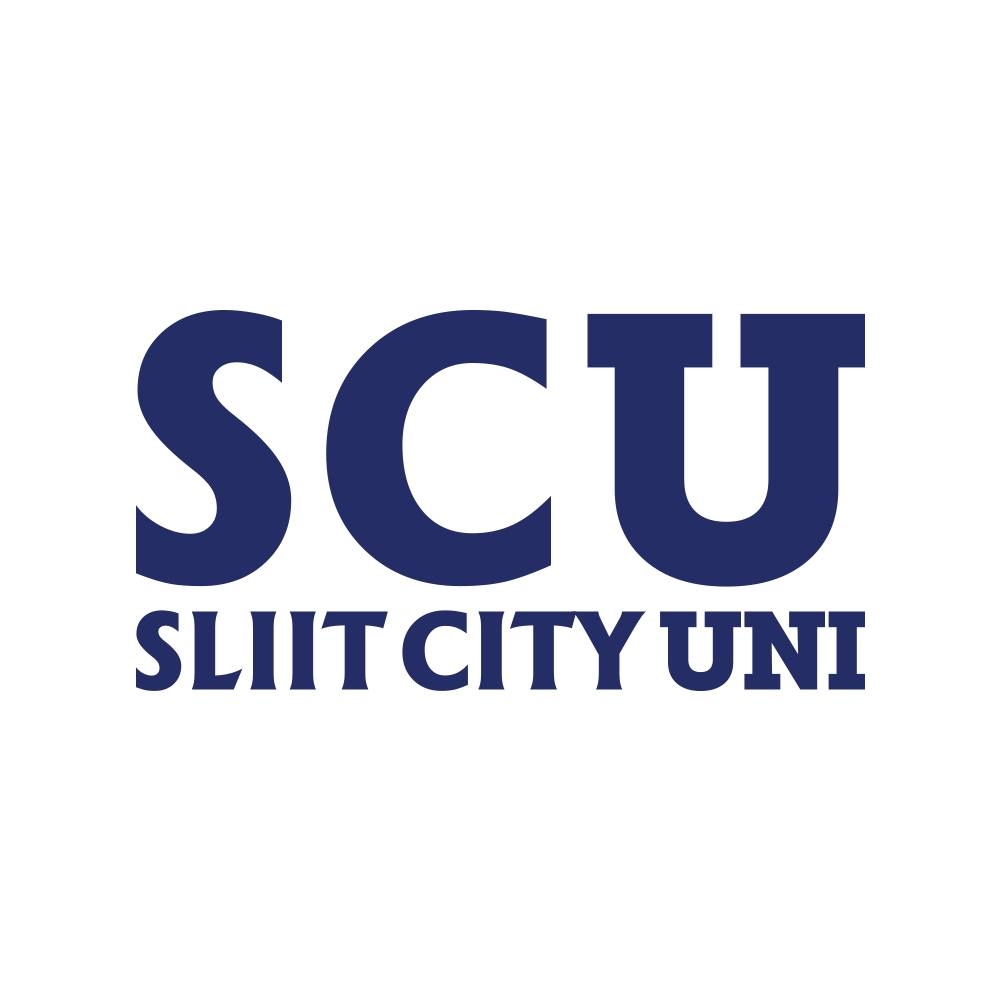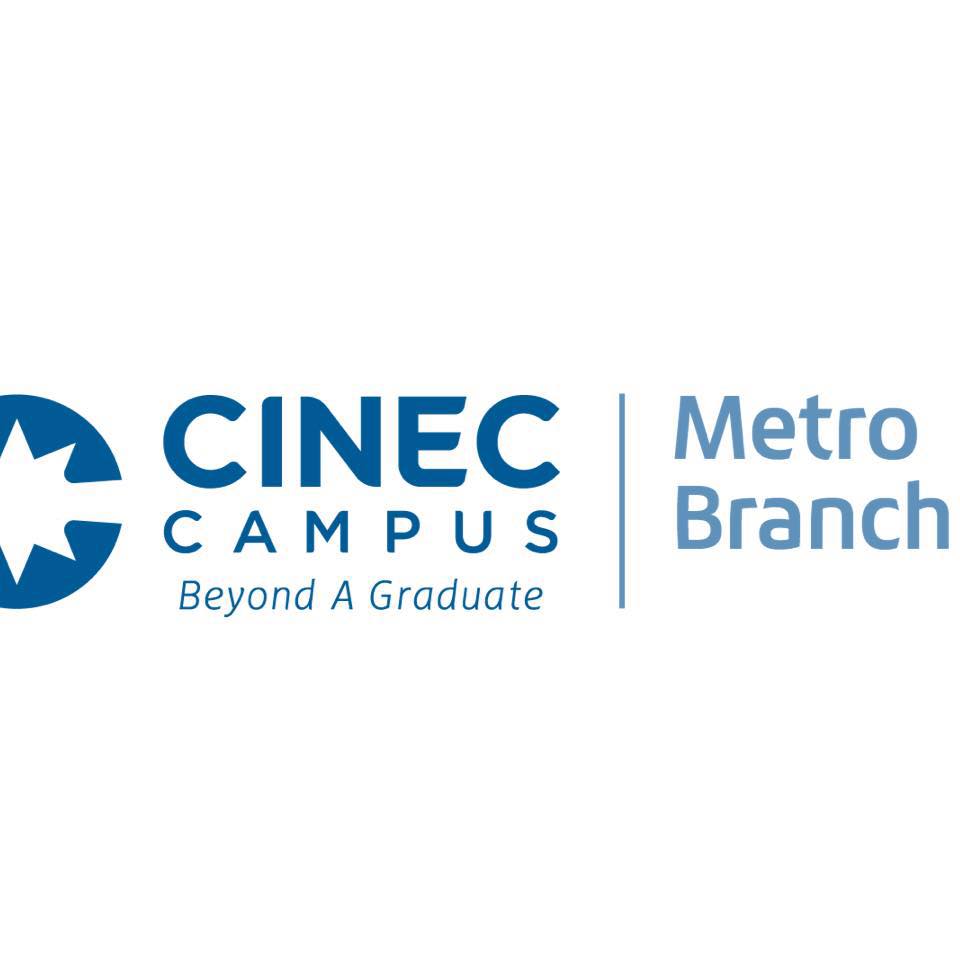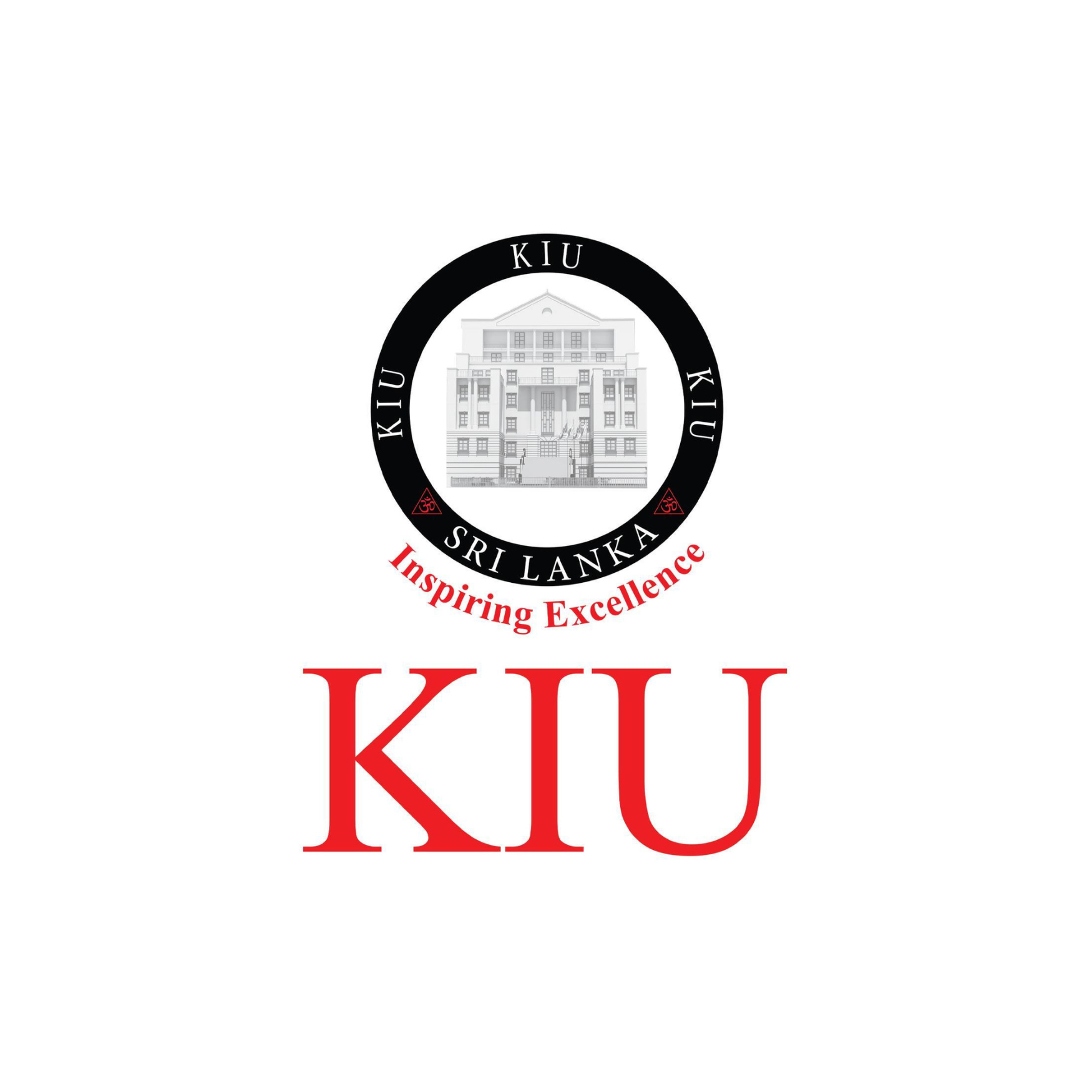Software Engineering Top-Up Degree in Sri Lanka

Software Engineering Top-Up Degree in Sri Lanka
Software engineering has become a cornerstone of Sri Lanka's rapidly growing IT industry, with increasing demand for skilled professionals. For individuals already holding a related diploma or undergraduate degree, pursuing a Software Engineering Top-Up Degree in Sri Lanka can be a strategic move towards career advancement and specialization.
Introduction
In today's competitive job market, continuous learning and specialization are crucial for staying ahead. A top-up degree offers a streamlined pathway for professionals looking to enhance their qualifications without starting from scratch.
Overview of Software Engineering in Sri Lanka
The IT sector in Sri Lanka has experienced exponential growth, fueled by globalization and advancements in technology. This growth has created a high demand for software engineers across various industries, ranging from finance to healthcare.
Understanding a Top-Up Degree
A top-up degree is designed for individuals who already possess a related qualification, such as a diploma or an incomplete degree. It allows students to build upon their existing knowledge and skills in a specific field, such as software engineering, within a shorter timeframe compared to traditional undergraduate programs.
Benefits of Pursuing a Top-Up Degree
One of the primary advantages of opting for a top-up degree is its efficiency. Students can complete the program in a shorter duration and at a lower cost compared to starting a new undergraduate degree. This accelerated approach not only saves time but also allows professionals to quickly apply their enhanced skills in the workplace.
Choosing the Right Institution
When considering a top-up degree in software engineering, selecting a reputable institution is paramount. Factors such as accreditation, faculty expertise, and industry partnerships should influence your decision. Institutions offering specialized tracks or collaborations with tech companies can provide valuable hands-on experience and networking opportunities.
Admission Requirements
Typically, applicants need to demonstrate academic proficiency in relevant subjects and meet English language requirements. Some institutions may also consider professional experience in lieu of formal qualifications, making it accessible for working professionals seeking career progression.
Curriculum Structure
The curriculum of a top-up degree in software engineering includes core modules covering essential topics like software development, programming languages, and project management. Elective courses allow students to tailor their learning experience based on personal interests or career goals.
Teaching Methodology
Top-up degrees often emphasize practical learning through industry-relevant projects and collaborations. This hands-on approach not only enhances technical skills but also prepares students for real-world challenges in software development and IT management.
Career Prospects
Graduates with a top-up degree in software engineering from Sri Lanka are well-positioned to pursue lucrative career opportunities both locally and internationally. The degree opens doors to roles such as software developer, systems analyst, and IT consultant, with competitive salaries and opportunities for advancement.
Student Life and Support Services
Campus facilities and student support services play a vital role in enhancing the overall student experience. Institutions offering robust support systems, including career counseling, mentorship programs, and recreational activities, contribute to a positive learning environment.
Challenges Faced by Students
While pursuing a top-up degree, students may encounter challenges such as managing work commitments alongside studies and adjusting to academic rigor. However, with proper time management and support from peers and faculty, these challenges can be overcome.
Success Stories and Alumni Network
The success stories of alumni who have benefited from a top-up degree highlight its impact on career progression and professional growth. Alumni networks provide ongoing support, mentoring, and networking opportunities, fostering lifelong connections within the industry.
Comparison with Other Educational Pathways
Compared to traditional degrees, a top-up degree offers distinct advantages, including focused learning outcomes and faster entry into the workforce. Unlike self-study or certifications, a top-up degree provides a comprehensive academic foundation and recognized qualification.
Future Trends in Software Engineering Education
As technology continues to evolve, future trends in software engineering education will focus on emerging technologies such as artificial intelligence, cybersecurity, and blockchain. Institutions offering updated curricula and industry-aligned certifications will remain at the forefront of educating the next generation of software engineers.
Conclusion
In conclusion, pursuing a Software Engineering Top-Up Degree in Sri Lanka is a strategic investment for professionals looking to advance their careers in the dynamic field of IT. With accelerated learning, practical experience, and strong industry connections, graduates are well-prepared to meet the growing demand for skilled software engineers.
Explore Software Engineering Courses in Sri Lanka
Click here to find Software Engineering Degree in Sri Lanka
Click here to find Software Engineering Courses in Sri Lanka
Click here to find Study software engineering in Sri Lanka
Click here to find Software Engineering course price in Sri Lanka
Click here to find Software Engineering Diploma in Sri Lanka
Click here to find Software Engineering Jobs in Sri Lanka
Click here to find Software Engineering Top-Up Degree in Sri Lanka
Find Private Universities in Sri Lanka to start your future course today
Visit this link for accurate information on courses in Sri Lanka and additional details about the institutes.
Feel free to let us know if you need any more details! or visit studyway.lk for more details
Call 0117662626
Recommended Institutes

CIIHE - Colombo International Institute of Higher Education
Latest Intakes
Courses






































